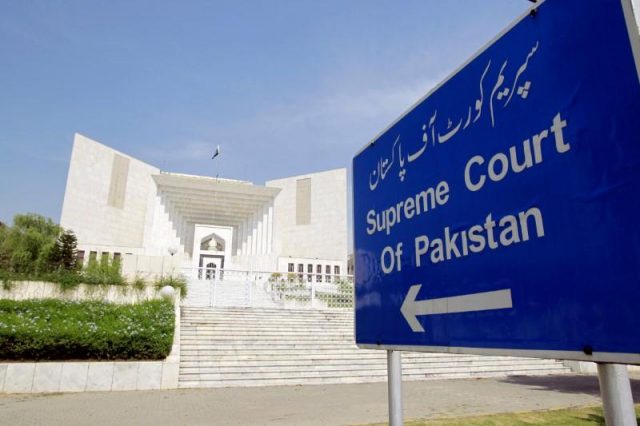The Supreme Court has ruled that Section 140 of the Tax Ordinance, 2001, does not allow immediate coercive recovery without a specific due date in the notice. In a judgment delivered by Justice Ayesha Malik, the court emphasized that the party holding money on behalf of the taxpayer must be given a reasonable notice period before being required to discharge the liability.
According to media reports, the judgment, delivered by a three-judge bench led by Justice Munib Akhtar, with Justice Ayesha A Malik and Justice Shahid Waheed, stated that Section 140 of the Ordinance requires the Commissioner to set a date for recovery in the notice. The court found that the immediate recovery procedure outlined in Rule 210 C (3) of the Income Tax Recovery Rules, 2002, contradicted the requirements of Section 140. The ruling clarified that the law does not permit immediate recovery, and that a reasonable timeframe must be given.
The court emphasized that the requirement of a notice before recovery reflects broader constitutional guarantees under Article 10A of the Constitution, which ensures due process and fair trial, as well as Article 14, which protects the right to dignity. Even in fiscal matters, the judgment stated, recovery must be carried out in a manner that respects the taxpayer’s dignity and legal safeguards.
The case involved Pakistan LNG Limited (CPLA No. 3578 of 2024) and Serene Air Private Limited (CPLA No. 4598 of 2024). In both cases, the respondents challenged notices issued for immediate recovery after tax assessments were amended or withheld. In the case of Pakistan LNG Limited, a notice was issued on the same day as an amended tax assessment, demanding a large sum of Rs2,928,517,260 for recovery. Similarly, Serene Air was notified with an immediate recovery demand for Rs1,883,917,790.
Justice Shahid Waheed, in his additional note, explored the intersection of tax law and taxpayer rights, questioning whether tax recovery procedures should prioritize efficiency over the protections guaranteed by law. He likened the ideal recovery process to the careful and respectful collection of nectar by a honeybee, emphasizing the need for tax authorities to act with transparency and fairness.
This decision underlines the importance of upholding taxpayer rights and ensuring that tax recovery processes follow due legal procedures, avoiding coercive methods that could undermine public confidence in the system.




